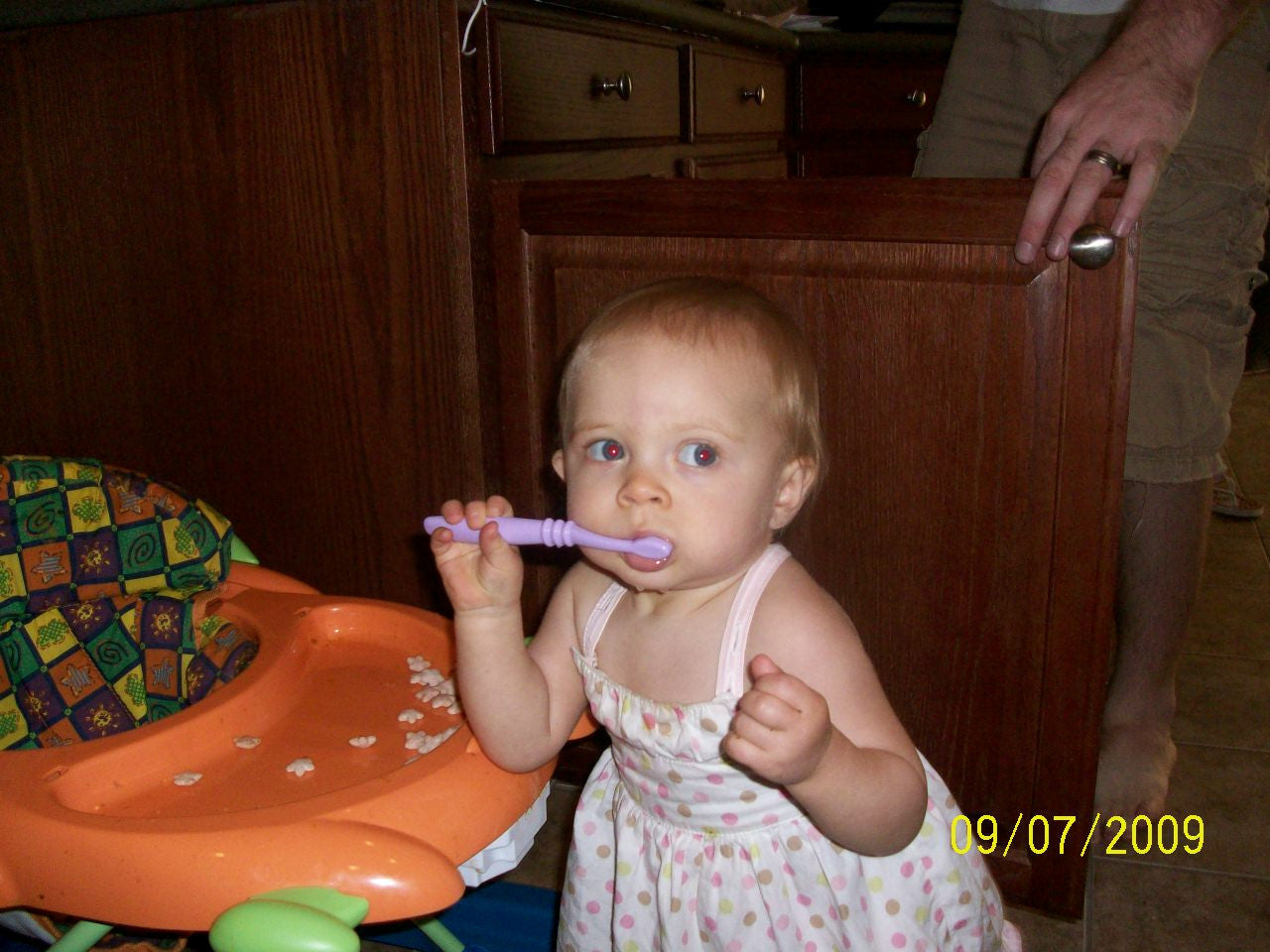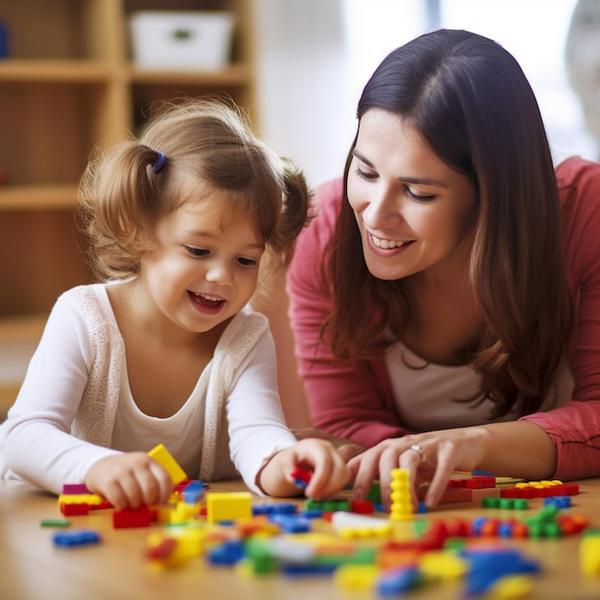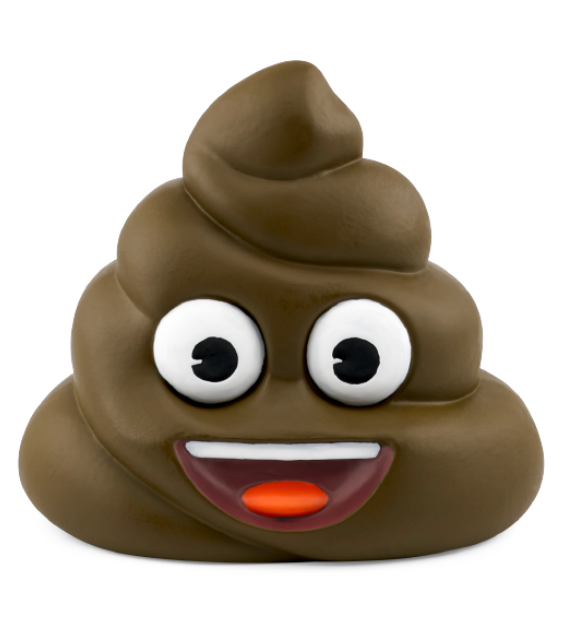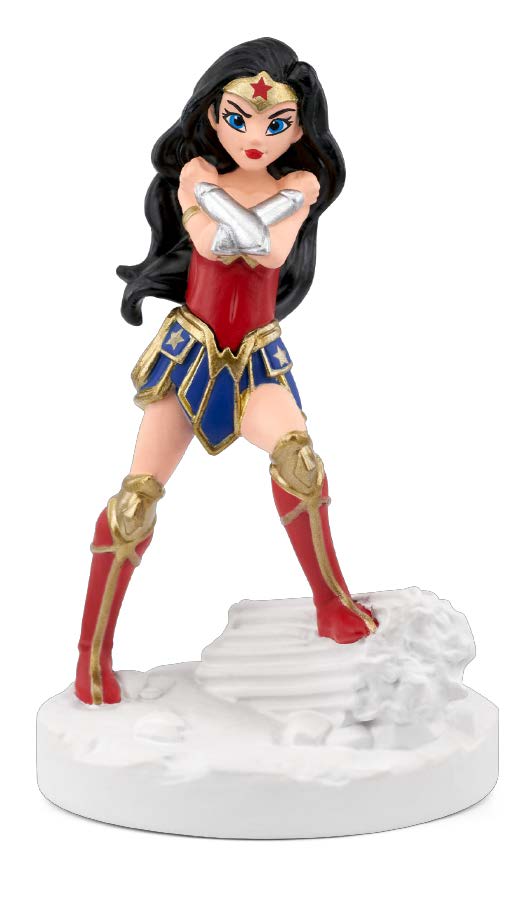
Oral Hygiene for Toddlers
Erin Burt
 Once your baby has teeth, you know of course it’s time to start brushing them. When your baby grows into a toddler though, with a mouthful of chompers, she may be also exerting her new independence by attempting to brush her teeth by herself (or refusing to brush at all, if it’s that kind of day).
Once your baby has teeth, you know of course it’s time to start brushing them. When your baby grows into a toddler though, with a mouthful of chompers, she may be also exerting her new independence by attempting to brush her teeth by herself (or refusing to brush at all, if it’s that kind of day).
Toddlers should be brushing and flossing daily, preferably after each meal. Brushing all of the tooth surfaces is important. If your child has closely spaced teeth or deep indentations in their molars, your dentist will probably remind you to be extra careful, and perhaps brush the molars perpendicularly in addition to brushing in the typical parallel motion.
Toothpaste should be used if possible, as they contain mild abrasives that help teeth get cleaner. Xylitol, fluoride, or no-additive toothpastes are all available in kid-friendly flavors; many parents like to do their research on all of these options to determine the best fit for their family.
At this age, toddlers still need help brushing their teeth, not just supervision. If your child won’t let you brush for them, you can try letting him brush first with you offering pointers (“Don’t forget the back ones there!”) and then you finishing the job. A minute of brushing is a good target to shoot for.
Flossing is a daunting task for many toddlers. Instead of using a roll of dental floss, consider buying flossers to use (my kids call them “alligators” due to their first pack of them, many years ago, being shaped like them). If using alligators (flossers) is a battle, children’s versions of water piks and electric toothbrushes are readily available and may make the job easier or more efficient.
Keeping your toddler’s teeth clean and free of cavities is not only a healthy thing to do now, it sets up healthy lifelong habits for your child.
Meaghan Howard is a stay-at-home-mom to three amazing little boys. When she’s not blogging or with her kids, her family knows she can usually be found either running or in a dragon boat.







